Jordan Herrle
Hi y'all! My name is Jordan Herrle (Hur-Lee) or "Jellybean" at camp. I am a former camper and now volunteer staff on the leadership team for Camp Ukandu.
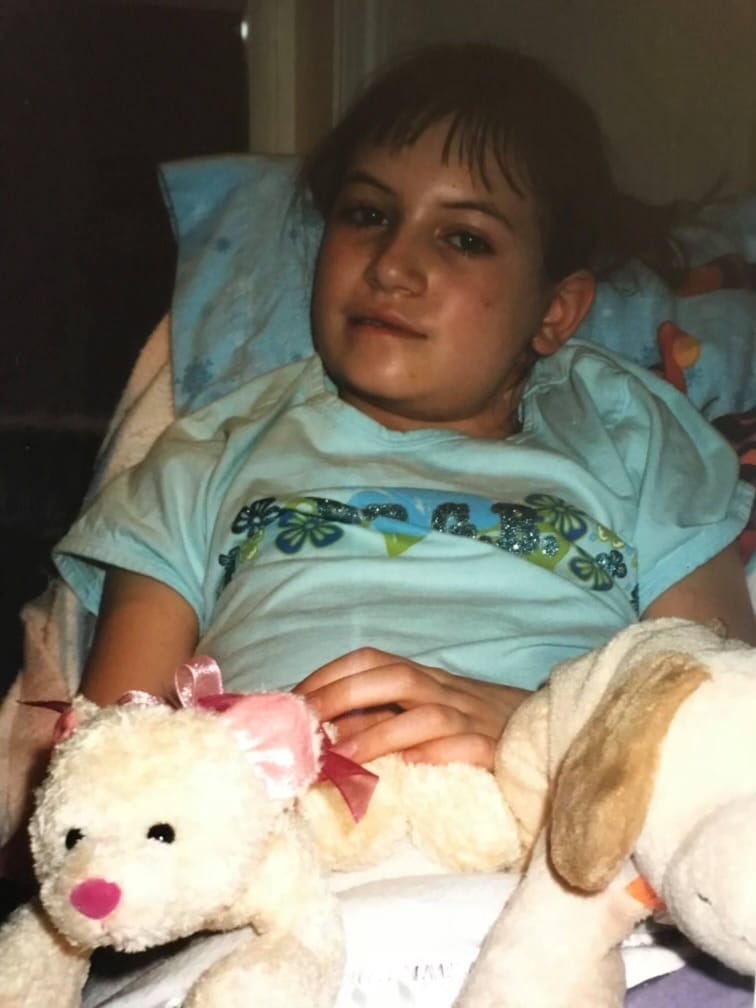 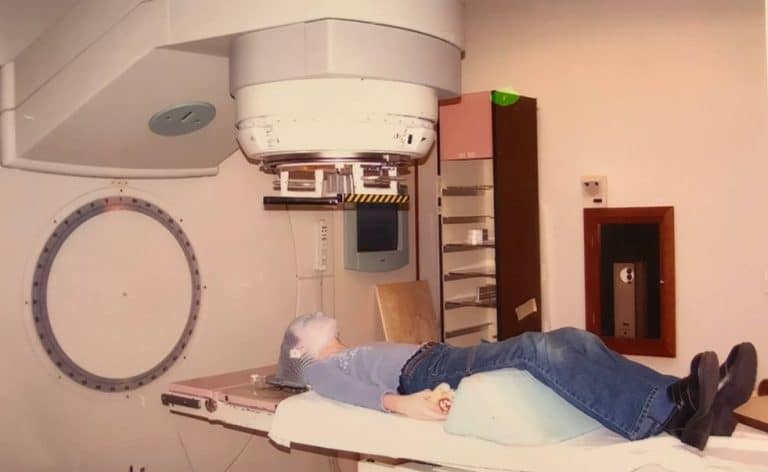 | September: I have conflicted feelings about this month... It's our month to bring the light back to what often feels like a forgotten issue, spread more awareness, fundraise, and share stories, but it also brings up a lot of emotions and reflection on a relentless disease that completely altered my life as well as so many others in our community. For me, childhood cancer awareness is not only acknowledging it exists and that this month is for “going gold” but that people know the true facts about childhood cancer. If you've read any of the previous stories in our Ukandu blog and posts, you are able to see a small piece of what each of these individuals have gone through. Many people say to me years later “But you’re OK now, right?” And I know they mean well but the truth is for many childhood cancer survivors - it continues to stay with you mentally, emotionally, and physically. The long-term side effects 15 years later still are a struggle I push through each day and try to hide, as many believe my life is supposed to be “back to normal” now. As survivors, we find a "new normal" and are forever changed, along with our families, after facing something as scary as cancer. |
Even though we may be young, it doesn’t always mean we don't understand or remember what happened. Some of us may block things out, some of us wish we could forget - we are all different individuals, thus will process things differently. At age 9 and 11, I noticed when my family was trying to hide their grief or anxiety with my health or the medical bills. I could tell when the doctor was saying I needed another surgery and radiation when it came back, that there was disappointment and sadness in his voice.
Sometimes we would also like to have some say in decision making for the opportunity to feel a small sense of control in our own lives that cancer has ripped out from under us. We are now faced with the reality at such a young age that life is truly short and fragile. You go from being a carefree kid to having to face your own morality so bluntly... Some kids might begin to live life more fully, take risks and live on the edge more trying to enjoy every day, and others might feel like the world is out to get them, be more careful, and not feel safe anymore, even in their own bodies.
There's no "cookie cutter" way kids will experience their cancer and there's no "how to" book for parents and families. If you are in the middle of it right now, or reading this years later thinking about what you could've done better as the patient, sibling or parent -- know that we all do our best with what we know at the time, that this isn't a walk in the park, and hindsight is a *bad word.* |  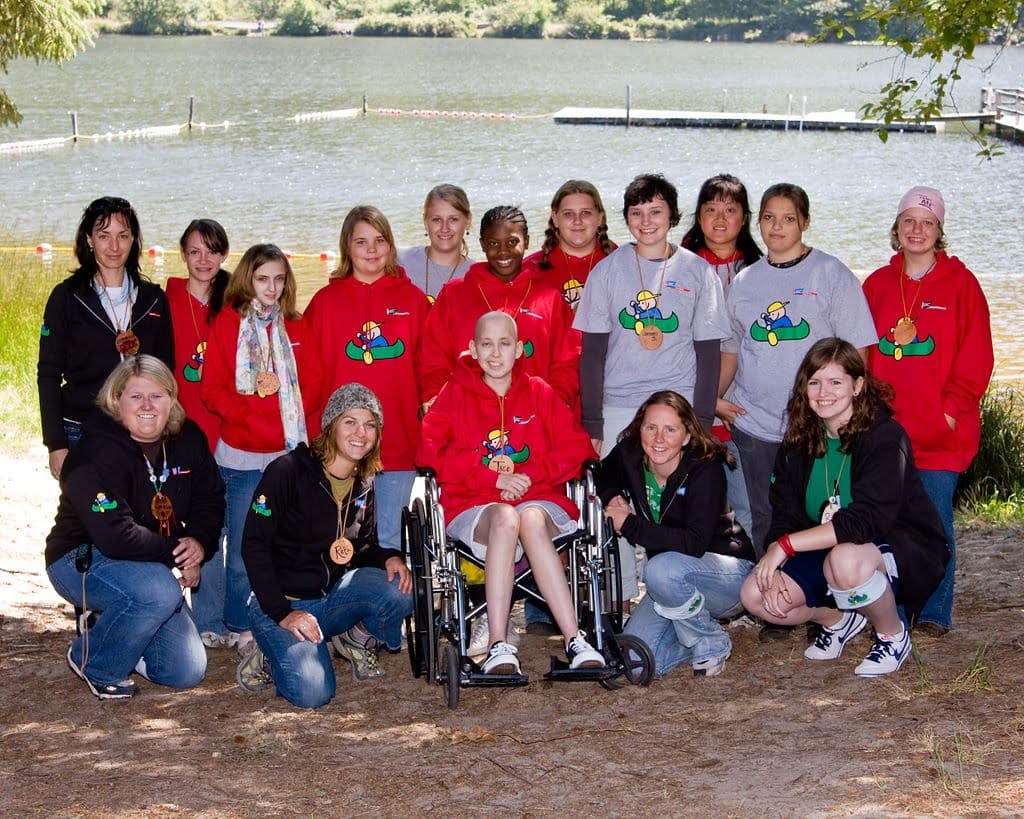 |
As much as I did not want to be a part of anything cancer related in the local community, Ukandu and other programs were the place where I learned to be myself and feel safe again. I used to always wear my hair down and scarves or turtlenecks to hide my scars… Where once I felt like the ugly duckling trying to find where I belonged, I found others that understood and felt what I did... I had finally found my “island of misfit toys” where I felt at home, supported to be myself, not have to hide what I went through, and have dark humor or vent without the looks of uncomfortable shock and pity. Through these local camps and community groups, I could be my unfiltered self finally and also years later give back to places that helped give me back some of my childhood...They reignited hope in my heart again that the world wasn't always a scary and brutal place to endure, but there were still incredible people to meet and fun memories to make. | |
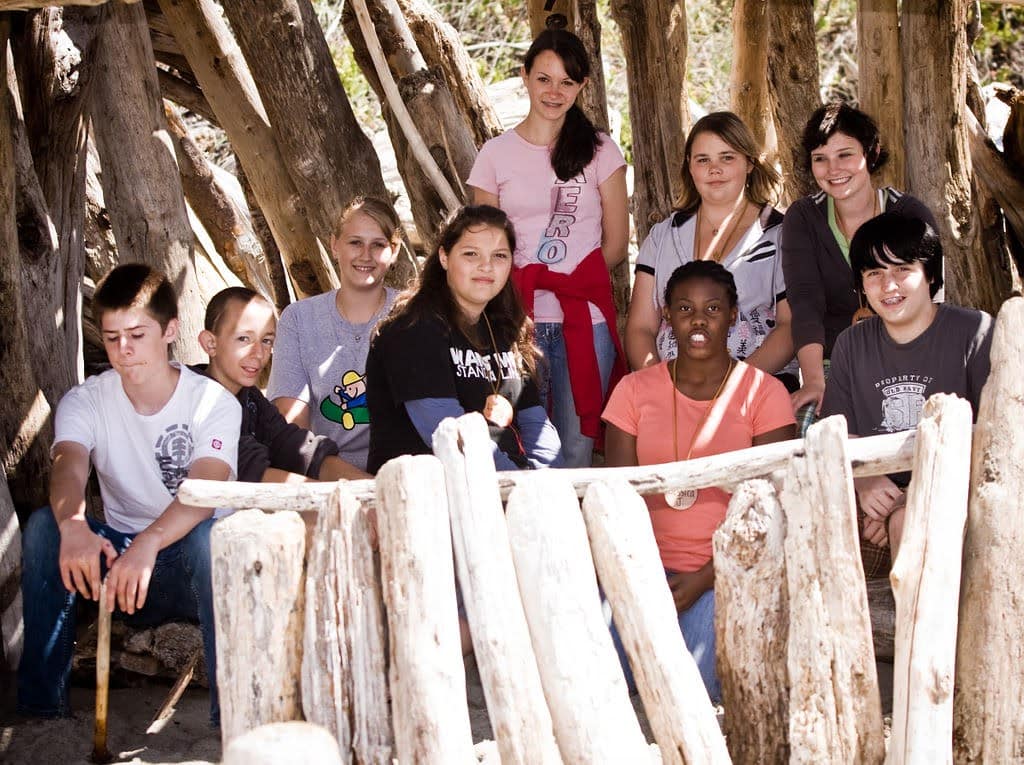 | 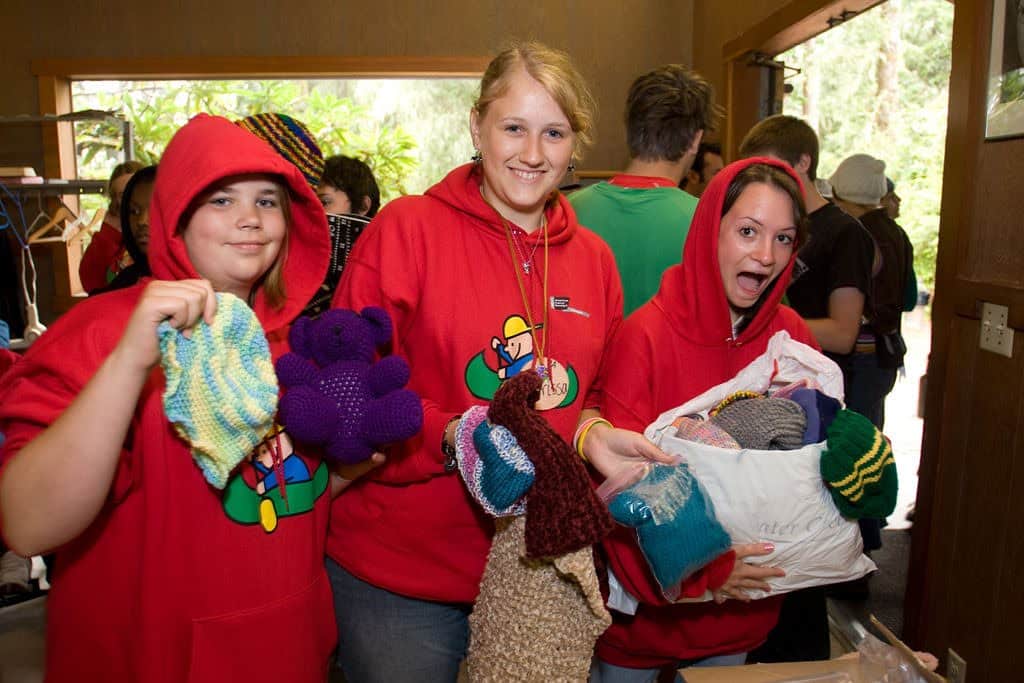 |
For my family - my parents were able to find other parents to befriend, my siblings with other siblings and myself with other survivors, where each group on some level understood exactly what you were going through. We didn’t even need to talk about cancer, but simply knowing that the people you were connecting with had a common thread and "got it" firsthand, you felt your walls go down and at home with these strangers who quickly became family. Being able to witness my family find their own hope and joy again, that each of us had not experienced in a long time, was beyond words - seeing laughter come back and healing begin were some of the best core memories I had as a teen and am able to look back on as an adult. | |
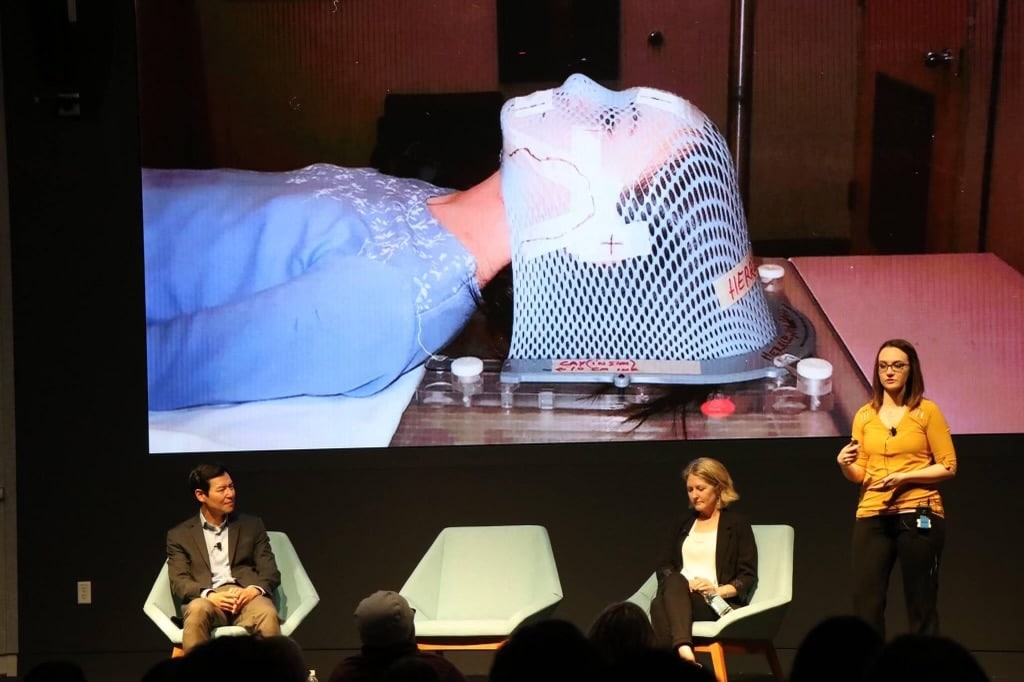 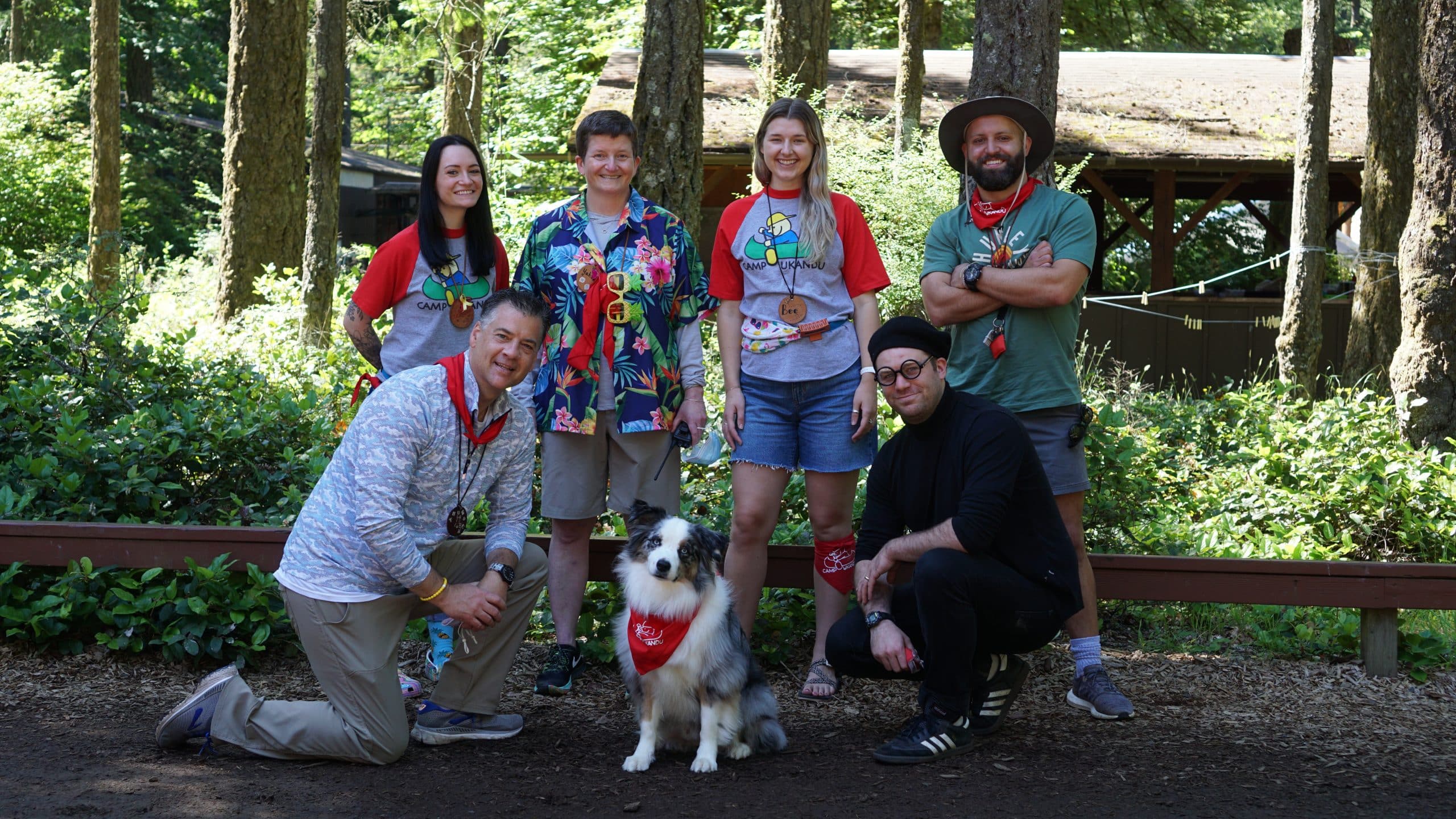 | I often felt the pressure to not take my second chance at life for granted... which I don't and try to live life fully and as honestly as I can. However, I have learned and wish I could tell my younger self: You don’t have to be a "strong and inspiring person" all the time... sometimes you have really bad days and sometimes you have really good days - you can be a bitter, negative Nancy hating the cards you were dealt one moment and still absolutely love this beautiful life the next.
You can feel a rollercoaster of emotions all at once because you are human and life is crazy. You’ve faced your own morality and you are going to process how you need to process and that’s completely valid. Sometimes years later that survivor's guilt you feel can hit you hard on birthdays or cancer-versaries, but it's OK and normal to reflect back on your own cancer experience and remember and honor your friends or family that have passed.
Feel what you need to feel and don't let others make you feel bad for doing that. Mental health is just as important as physical health and I hope you have support in both. |
Facts of Childhood Cancer: The survival rate for childhood cancer has improved, but the treatments have barely changed... Often others are so surprised to hear we only get 4% of the national cancer research budget and how only a handful of treatments have been approved for kids cancers vs adults. Kids' bodies are not simply smaller adults - they are vastly different and require better, less toxic treatments than we have now that are being used in their growing bodies from baby to adolescents. There isn’t just one type of childhood cancer, there’s 100’s and the fact that we only get a sliver of national funding is horrendous. I personally have a hard time hearing the excuse that "childhood cancer is rare." Every 2 minutes, somewhere in the world there is a family hearing "your child has cancer." 1 in 5 of these families will be planning funerals instead of birthday parties that we often take for granted. There are some cancers with a zero percent survival rate still and that has to change. The toxic treatment received might cure these young bodies of the cancer but the side effects after are lifelong for almost every baby, kid or adolescent. Some treatments have a risk of secondary cancers later in life as well as chronic illnesses/pain, other diseases, and more… We need to find better treatments not only to survive the cancer but to thrive after it. The reality of childhood cancer and the facts are hard to hear, but it’s the reality that many friends, family and kids in our community have to face. This month, and every month - I hope that people feel a pull in their heart to help advocate for these kids who rely on us adults to help be their voice or help make sure theirs is heard. Some words that I hold close are: “When you get where you’re goin’, don’t forget to turn back around, and help the next one in line” - Tim McGraw. |
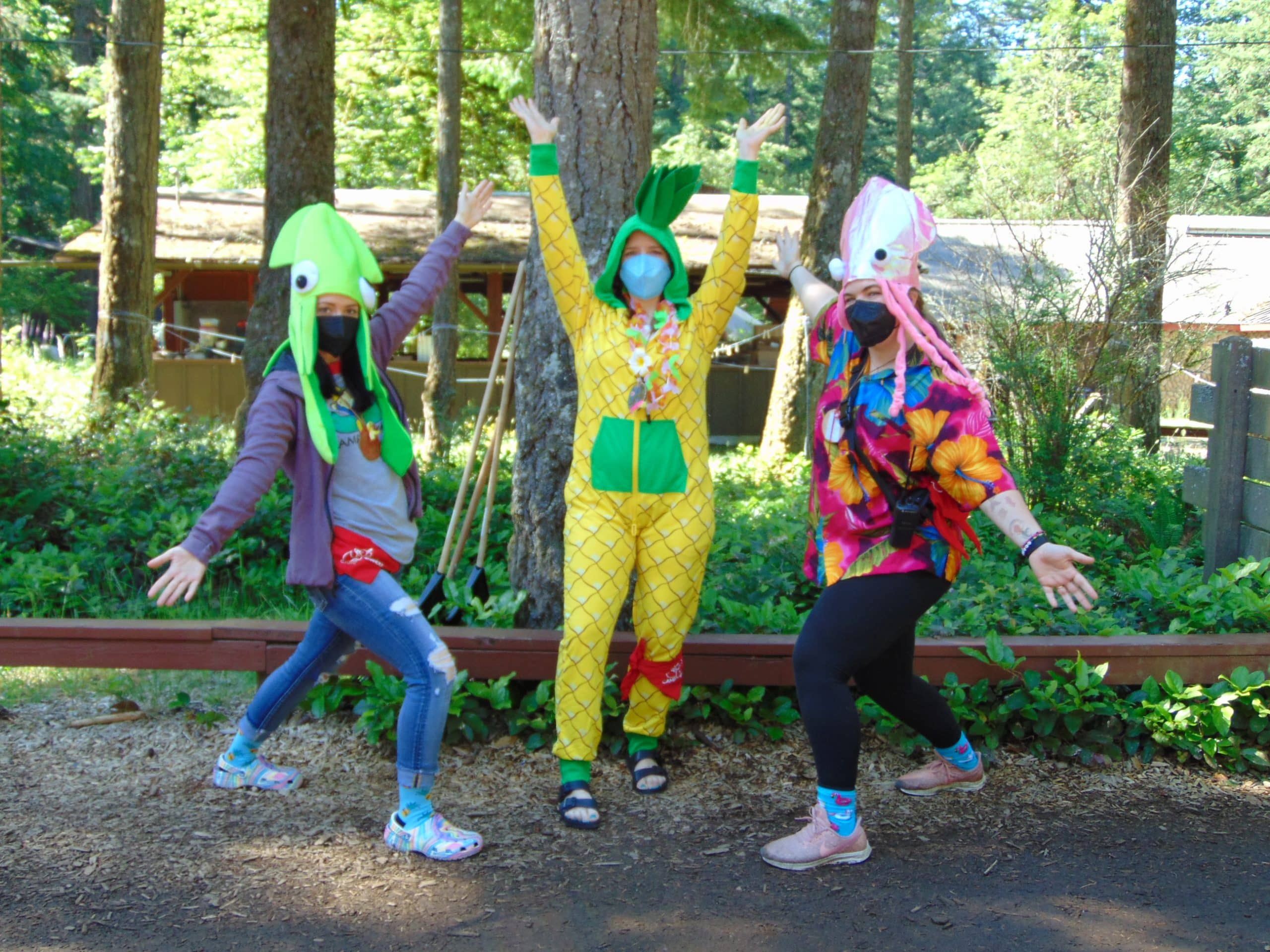 | 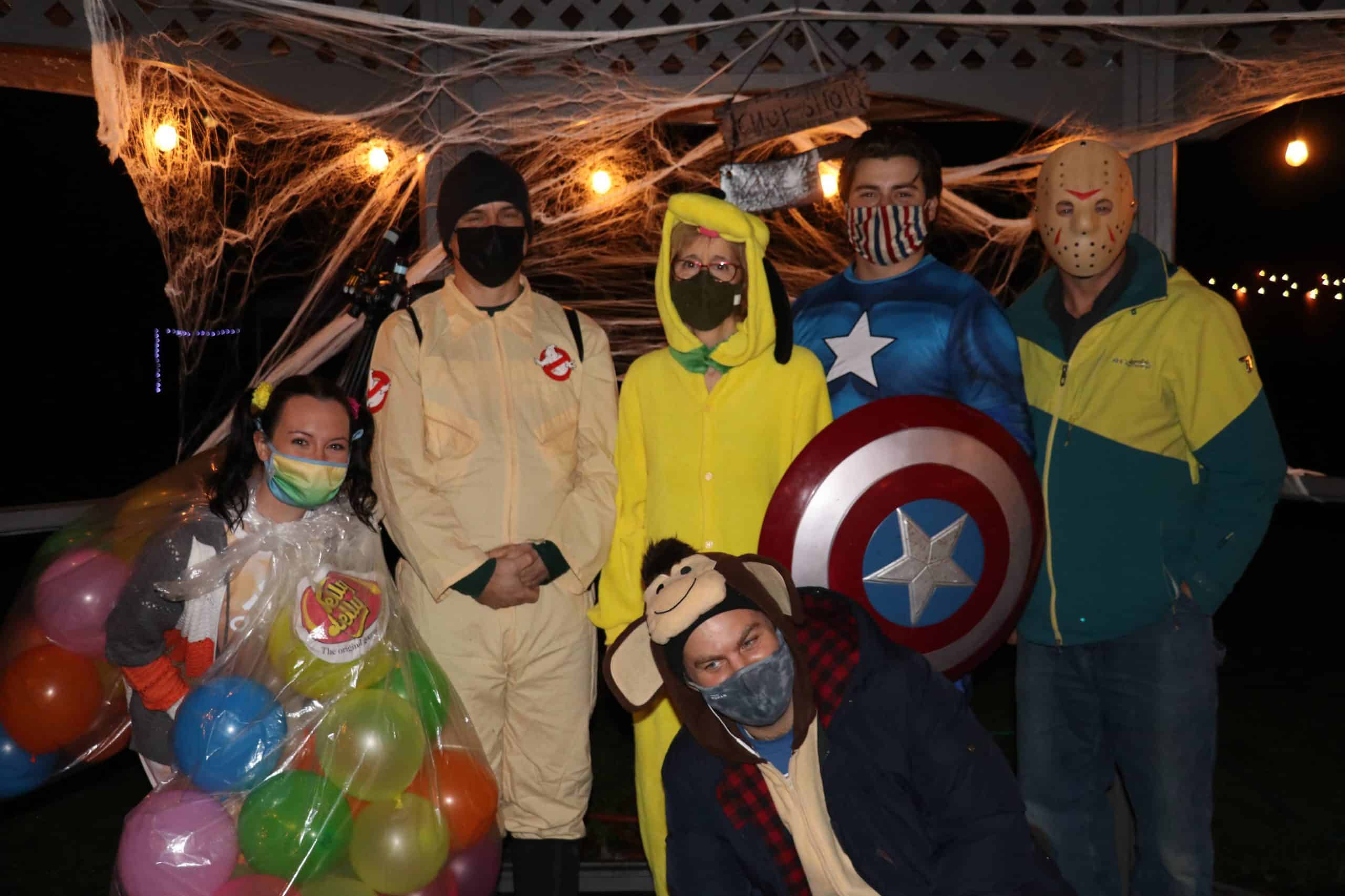 | 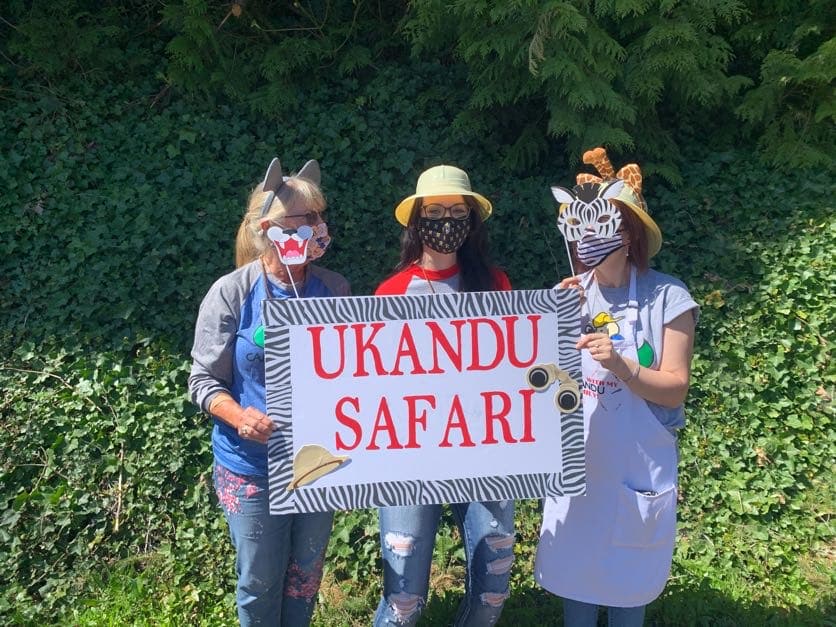 |